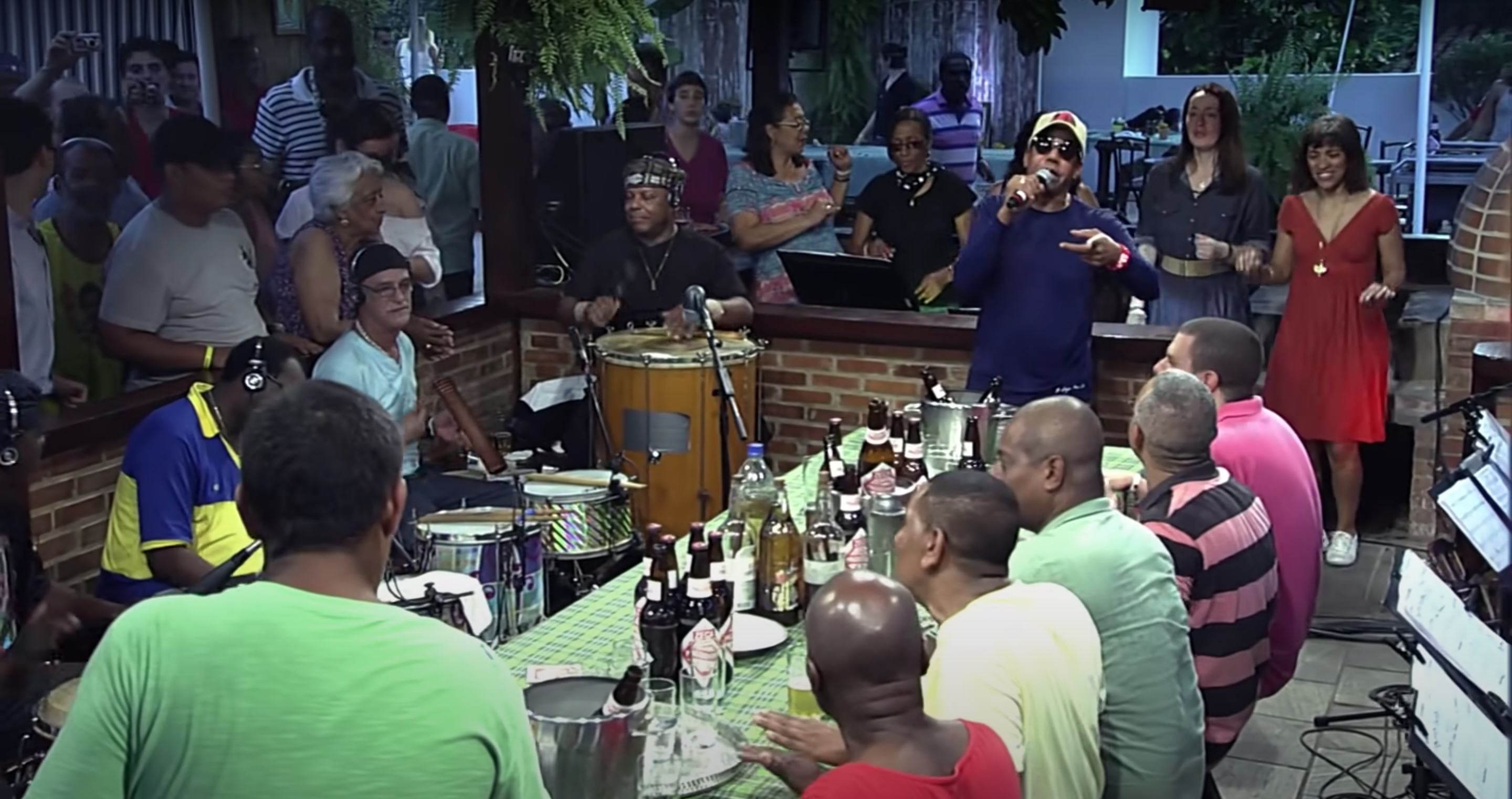The influence black artists have on every corner of the music industry is far too great to ignore. In honor of Black History Month, this edition of Songs You Should Hear will be focused on a variety of styles and genres from black artists, new and old. Supporting black artists beyond February is just as important as during, so these songs are just a gateway for Catalyst readers to explore more.
Smooth Sailin’ — Leon Bridges
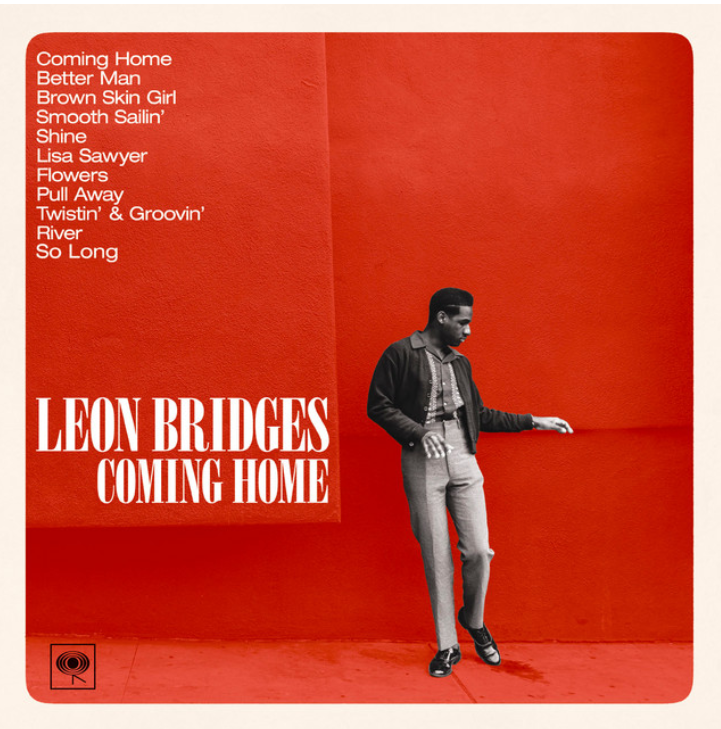
Released in 2015, “Smooth Sailin’” is a neo-soul track that sounds nostalgic but still fresh. Female background vocals to represent the romantic subject of the song and a cool upbeat instrumental accompany Leon Bridges’ voice that, till the last second, keeps the listener engaged. The mixture of hip-hop, rock, funk and electronic influences in “Smooth Sailin’” come together with lyrics about seeing a pretty girl and wanting to say hello. Bridges uses the metaphor of the girl being a ship and being drawn in by her “smooth sailin’” referring to himself as cargo and saying he won’t weigh the ship down.
Swamp Bitches — Doechii, Rico Nasty
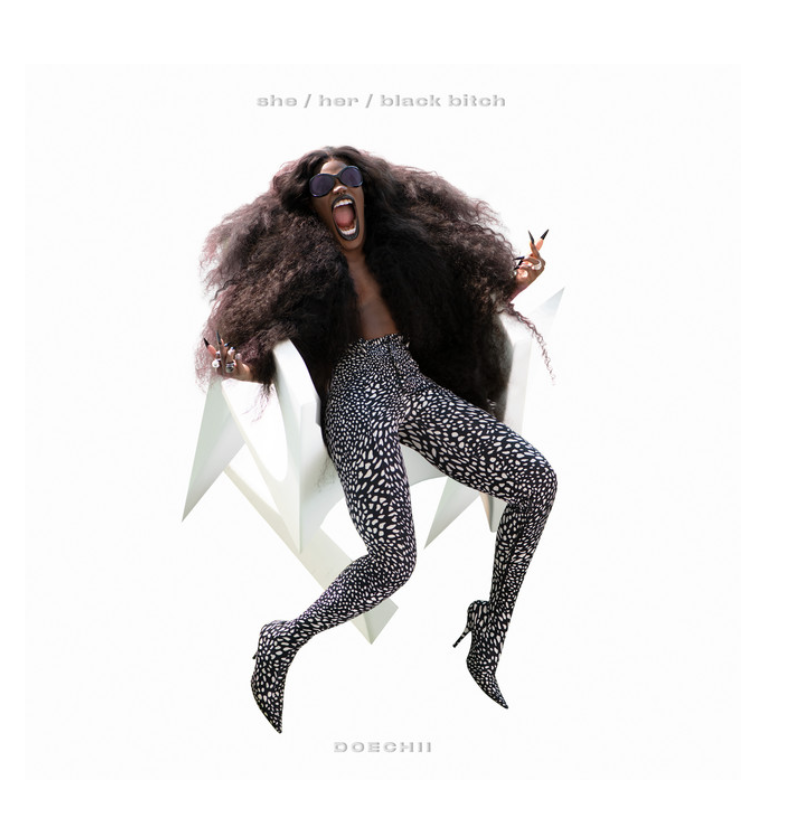
“Swamp Bitches” is a high energy track that shows both artists’ flow-changing skills that keeps the song fun for every listen. The collaboration was off of Doechii’s she / her / black bitch (2022) EP compiling five songs total, three of which are collaborations with other black artists. Beyond Doechii’s song with Rico Nasty, the EP shows Doechii’s range as an artist as no two of her songs are similar. The low distorted guitar intro to the song is reminiscent of an old horror movie theme to then switching to a quick beat for her verse then returning to a distorted sounding instrumental when the song switches to Rico Nasty’s verse. The song’s use of pop culture references like Depop and the TV show Glee both aim to lighten the song’s tone but also leaves the listener able to connect with how creative the lyrics are.
Bridging the Gap — Nas, Olu Dara
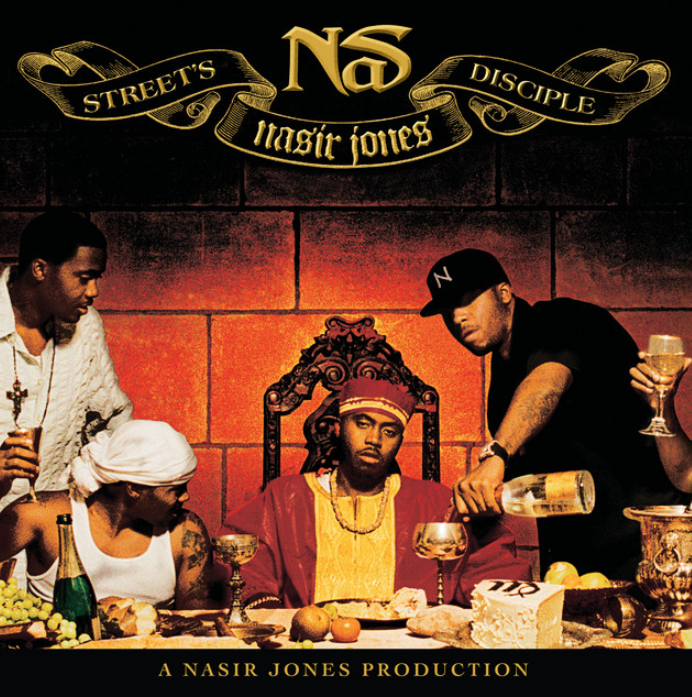
“Bridging the Gap” is a song off of Nas’ Street’s Disciple (2004) album and features his father Olu Dara. The single discusses the hand blues music took in creating hip hop music and how that relates personally to Nas and his father’s relationship to music. The song serves as a biography both of their lives but their influences in their craft. Rap as a medium only enhances the meaningfulness of the story Nas and Olu Dara aim to share, it allows a mix of philosophical statements Nas has learned while also using anecdotes from moments that influenced him. The song brings everything both full circle on the history of black musicians and also into perspective on how community influences art.
99 1/2 Won’t Do — Sister Rosetta Tharpe
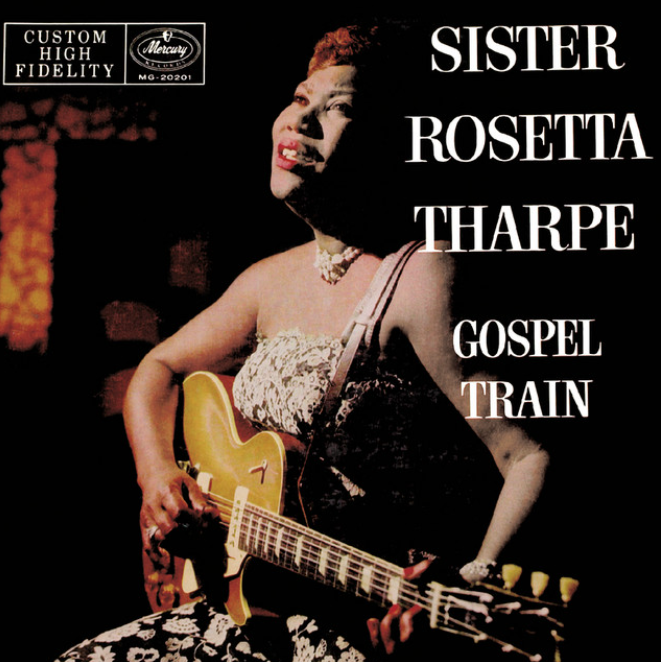
Sister Rosetta Tharpe gained popularity in the 1930s and 40s for her gospel recordings, but her prominence as a guiding influence on making guitar technique what it is today frequently goes unrecognized. She was a pioneer in the electric guitar and was one of the first popular recording artists to use distortion as a feature to her music. The song is just under two minutes and with the repetitive lyrics Sister Rosetta Tharpe shares the tagline of 99 and a half is not enough when someone is working hard to make 100. The gospel influence is obvious with the background piano in the background and Tharpe’s reference to prayer as a major component to discussing the hard work she is doing.
Mas, Que Nada!— Jorge Ben Jor.
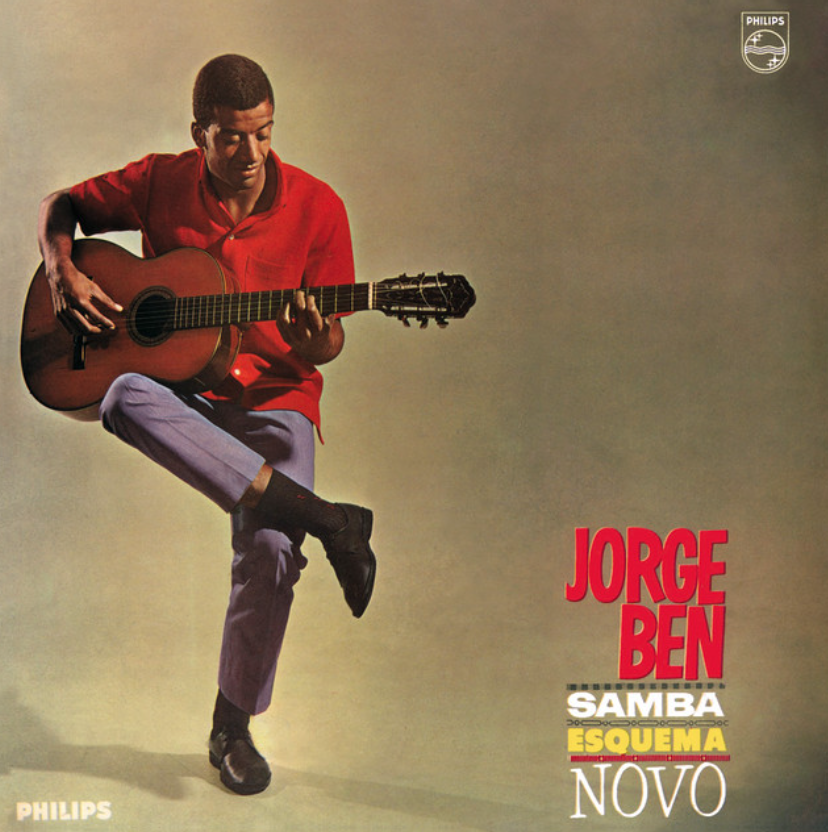
Mas, Que Nada! is a samba rock classic that was originally recorded in 1963 by Jorge Ben Jor. Mas, Que Nada! is attributed to Sérgio Mendes, whose cover of the song from 1966 hit number 47 on the US Billboard Hot 100 and was inducted to the Latin Grammy Hall of Fame in 2013. However this iconic song was originally the hard work of then 21-year-old backup guitarist for Mendes, Jorge Ben Jor. The song’s lyrics talk about the love of samba and old roots of black samba in Brazil. Ben Jor also reminisces over maracatu—an afro-Brazilian style of celebration and dance performed during Carnival in Recife, Pernambuco–which he seems to miss.
Shadow — Raleigh Ritchie
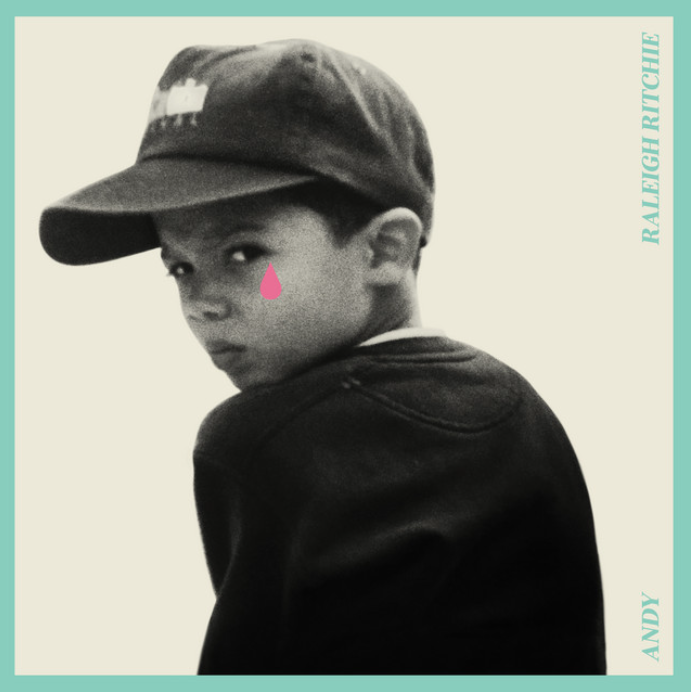
“Shadow” by Raleigh Ritchie is a song about a complicated relationship between two people that bring out the worst in each other. The song comes from the perspective of ending that negative cycle, and the stings in the instrumental and the pounding beat of the song come together to tell a story of moving onto better things even if it’s hard. When the chorus comes and the background cuts out for a single beat, it draws the listener’s attention back to the song and the lyrics as Ritchie really drives home the message of asserting control over his life and toxic situation.

